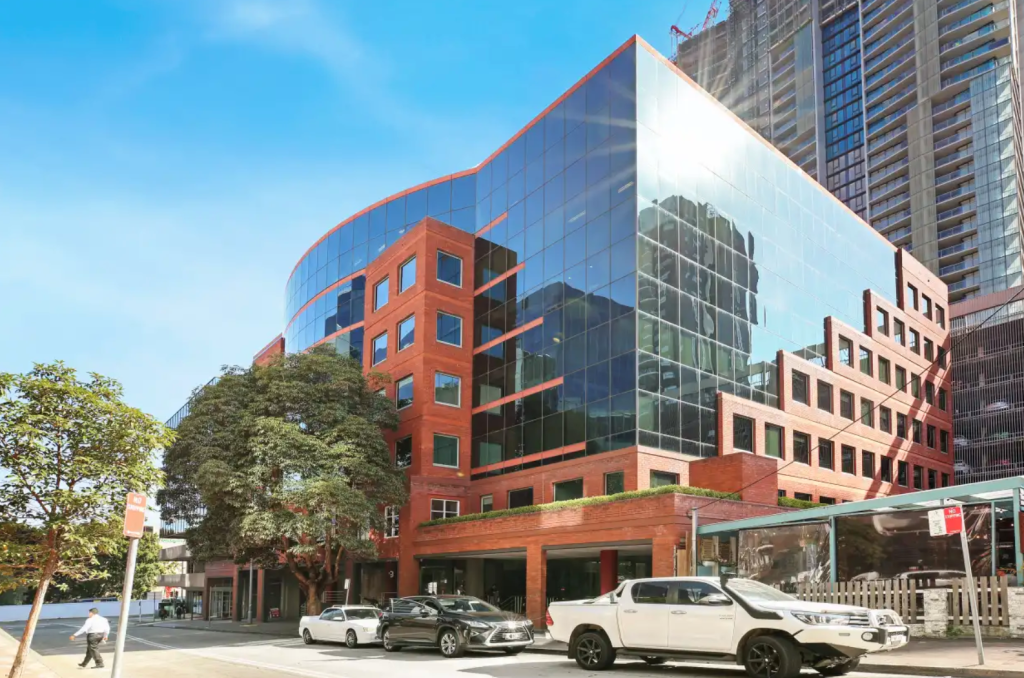
After splashing $50m on homes, William Wu puts office block on market
William Wu, who has spent more than $50 million on luxury residential real estate in Sydney’s eastern suburbs over the past year, is cashing out of a Parramatta office block with hopes of it fetching up to $70 million.
The six-level building at 9 Wentworth Street was bought by Mayrin Group, a family property business run by Mr Wu, aged 28, just 18 months ago for $64.25 million.
It’s had some minor improvements since the purchase and is fully leased to predominantly government tenants, with a net annual passing yield of $3.6 million and weighted average lease of around three years.
Knight Frank is taking the building to market with an expressions of interest campaign led by Dominic Ong and Tyler Talbot.
The Parramatta office market has been among the best recent performers in Australia with vacancy rates relatively stable at 6.4 per cent, despite the impact of COVID-19 and new supply through 2020.
However, that dynamic will dramatically change when 171,000sq m of prime new office space – representing 21 per cent of current floorspace – enters the market over the next two years.
As a result, Vanessa Rader, Head of Research at Ray White, predicted office vacancy rates will blow out to more than 16 per cent by the beginning of 2023.
She said rental incentives are in some cases are approaching 40 per cent, prompting significant tenant churn as new prime buildings come online and businesses relocate.
“Backfill is a growing issue across this market, with completions over thelast year and into 2021 resulting in tenant relocation and consolidation,” Ms Rader noted in a recent report on the Parramatta office market.
“This trend will hamper vacancy and keep absorption levels subdued in the first half of 2021.”
Vacancy rates will breach 13 per cent by January 2022, with worse to come, according to the Ray White report.
“With limited white-collar employment growth anticipated across the whole economy as we navigate a post COVID-19 world, vacancies are anticipated to continue to grow peaking at 16.45 per cent in January 2023 before rapidly moving down as supply and demand levels normalise.”











